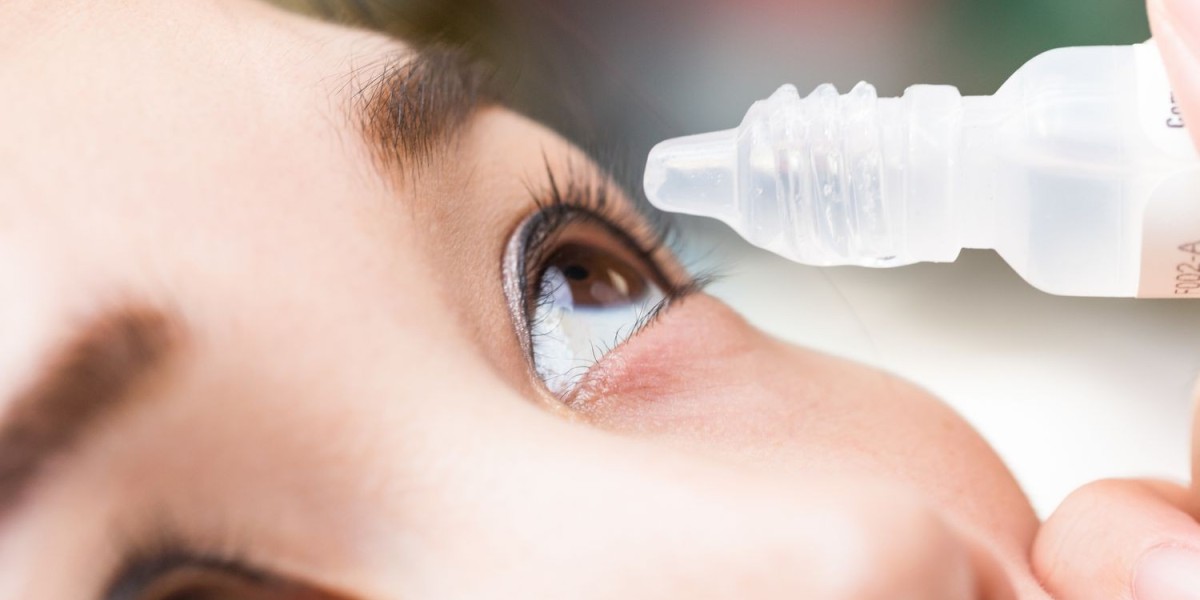Millions of new cases of breast cancer are found every year, making it one of the most common cancers in women around the world. Even though there is no surefire way to stop breast cancer from happening, there are a number of things that can be done to lower the chance.
Understanding the Risk Factors for Breast Cancer:
It's important to understand the risk factors for breast cancer before you start working on ways to avoid getting it. You can't change some risk factors, like your age, gender, or family background. But you can change others, like your living choices. Common things that put people at risk for breast cancer are:
Genre:
Women are much more likely than men to get breast cancer, though men can also get it.
Age:
The chance of getting breast cancer goes up with age, and most cases are found in women over 50.
Family History:
The risk of getting breast cancer is higher if someone in your immediate family has had it, especially if it is your mother, sister, or daughter.
Genetic Changes:
Changes that are passed down in the BRCA1 and BRCA2 genes greatly raise the risk of getting breast cancer and may also raise the risk of getting other cancers.
Having your period early, going through puberty late, taking hormone replacement therapy, or never giving birth or having your first child after age 35 can all raise your risk of getting breast cancer.
Lifestyle Factors:
Some habits, like smoking, drinking too much alcohol, not being active, and eating a lot of fat, may make the chance of breast cancer higher.
Ways to avoid getting breast cancer:
There is no way to fully get rid of the risk of getting breast cancer, but there are things people can do to lower their risk and improve their breast health:
Keep your weight at a healthy level:
Being overweight or obese has been linked to a higher chance of breast cancer, especially in women who have gone through menopause. A good weight can be kept up by eating well and working out regularly. At each meal, eat a range of fruits, veggies, whole grains, and lean meats. Also, eat less prepared foods, sugary snacks, and high-fat foods.
Physical exercise on a regular basis can lower estrogen levels, boost the immune system, and improve general health, all of which can help lower the chance of breast cancer. Aim for at least 150 minutes of moderate-intensity exercise or 75 minutes of vigorous-intensity exercise per week. To improve breast health, you can do things like fast walks, running, swimming, riding, and strength training.
Limit your alcohol intake:
Drinking alcohol has been linked to a higher risk of breast cancer, with higher amounts of alcohol intake being linked to a higher risk. If you do decide to drink booze, don't drink too much. Men should not drink more than two drinks a day and women should not drink more than one drink a day.
Giving up smoking has been linked to a higher chance of breast cancer, especially in women before menopause. Get help if you smoke to stop and improve your health as a whole. Quitting smoking can be good for your health in many ways and may lower your chance of getting breast cancer and other diseases linked to smoking.
You should breastfeed your baby:
Research has shown that women who breastfeed for a long time have a lower risk of getting breast cancer. If you can, try to nurse your baby only for the first six months of life. You can keep breastfeeding for as long as both of you want.
Regular screenings and checkups are important because finding breast cancer early is the key to better results. Women should get monthly tests, like mammograms, professional breast exams, and self-breast checks, if their doctor tells them to. Take charge of your breast health and see your doctor right away if anything changes or seems off.
Think About Genetic Testing:
If someone in your family has had breast cancer or if you have other risk factors that could point to a higher genetic risk, you might want to think about genetic testing and advice. Identifying inherited mutations in genes such as BRCA1 and BRCA2 can help inform preventive strategies and medical decisions.
Conclusion:
While breast cancer cannot be entirely prevented, individuals can take proactive steps to reduce their risk and promote breast health. By maintaining a healthy lifestyle, engaging in regular physical activity, limiting alcohol consumption, and prioritizing preventive screenings, individuals can empower themselves to make informed choices and take control of their breast health. Remember that early detection and timely intervention are crucial for improving breast cancer outcomes, so don't hesitate to prioritize your breast health and seek support from healthcare professionals when needed.








